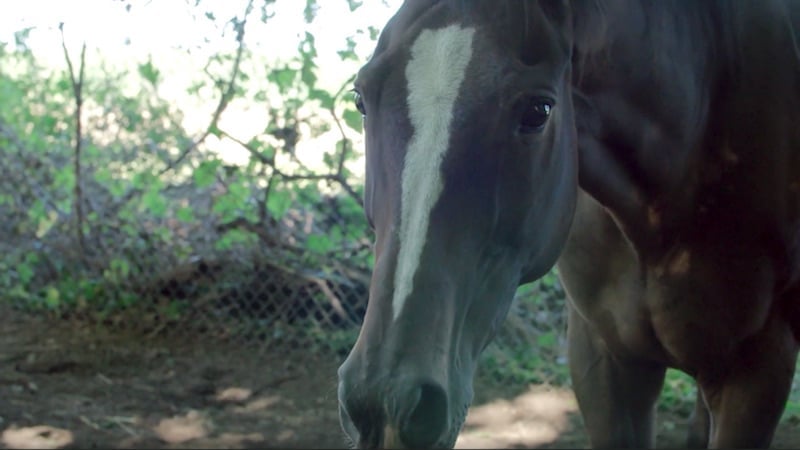
In fact, not only are horses accustomed to having a dominant leader, they prefer this association, as a leader is a figure of reassurance to a horse. Specifically, horse herds consist of a spectrum of dominance and submission, and even in the exceptional cases when the pecking order isn’t perfectly linear or neatly organized, the presence of dominant horses remains extremely consistent within herds. Yet, anyone familiar with horses knows that this is far from reality, as hierarchical structures are a pillar of equine behaviour.

If horses preferred to be treated as equals, then they would choose to interact amongst each other with equal authority in a human-free, natural herd setting. “We can and must challenge our old patterns of thinking if we want to treat animals ethically - not as subservient to us but as our equals.”¹ The reality is that domestication offers horses security and comfort, both luxurious accommodations compared to the struggles of living “as nature intended.” While horse care and living conditions certainly vary across the philosophically, socioeconomically, and ethically diverse horse industry, equine advocates should still take pride in the unique human ability to provide horses with a home - one free from predators, with reliable access to food and water, generous attention to health, and abundant affection. Adapting to lifestyles managed by humans has made it possible for horses to live longer, safer lives, and their trainability is what has made the horse/human partnership so successful. Horses have survived and evolved from prehistoric times, because they learn from previous experiences and are able to habituate themselves to their environments. Research has shown that horses in the wild live shorter lives and are at greater risk of disease and injury. Since nature is too unforgiving and harsh for most humans to voluntarily inhabit, how is it preferable to subject horses to the like? Domesticated horse breeds today would especially suffer in the wild after generations of genetic and environmental adaptation to human dependence.Ī wild mare with her foal at foot. Thus, horses deserve better than to live as nature intended. While nature should be respected and appreciated, the apathetic brutality of its mighty forces made necessary the protective shelter of human infrastructures and institutions. However, we mustn’t forget that the purpose of human civilization is to protect us from nature. Because nature is idealized, a current belief is trending that a “natural” way of life is inherently better in all respects, while its “adversary” (human civilization) is the source of all oppression and cruelty. Nature has become romanticized as an innocent, peaceful, and righteous place, representing the optimal state to live.

“Horses deserve to live their lives as nature intended.”¹ The current objections to riding horses are evaluated below, followed by an opportunity to reflect upon the ethical challenges of the activities we engage in with our horses. We must face the criticisms head-on in order to find a fair and honest answer that prioritizes the well-being of our beloved horses, and secondarily protects the horse industry from toxic, slanderous reputations and unreasonable regulations. Thus, now is the time to analyze the relationship we share with horses and ask ourselves the difficult questions: Do horses share our joy in riding? Or is our passion a one-sided arrangement that ought to be reconsidered?

Many animal rights activists, such as People for the Ethical Treatment of Animals (PETA), have announced arguments against the use of horses for any and all riding purposes. While animal rights organizations have improved the welfare of animals within many industries, their focus has recently begun to shift towards the equestrian community. Recently, animal rights activists have amplified conversations regarding the proper treatment of the precious animals with whom we share our planet and homes. A Close Look at the Horse-Human Relationship


 0 kommentar(er)
0 kommentar(er)
